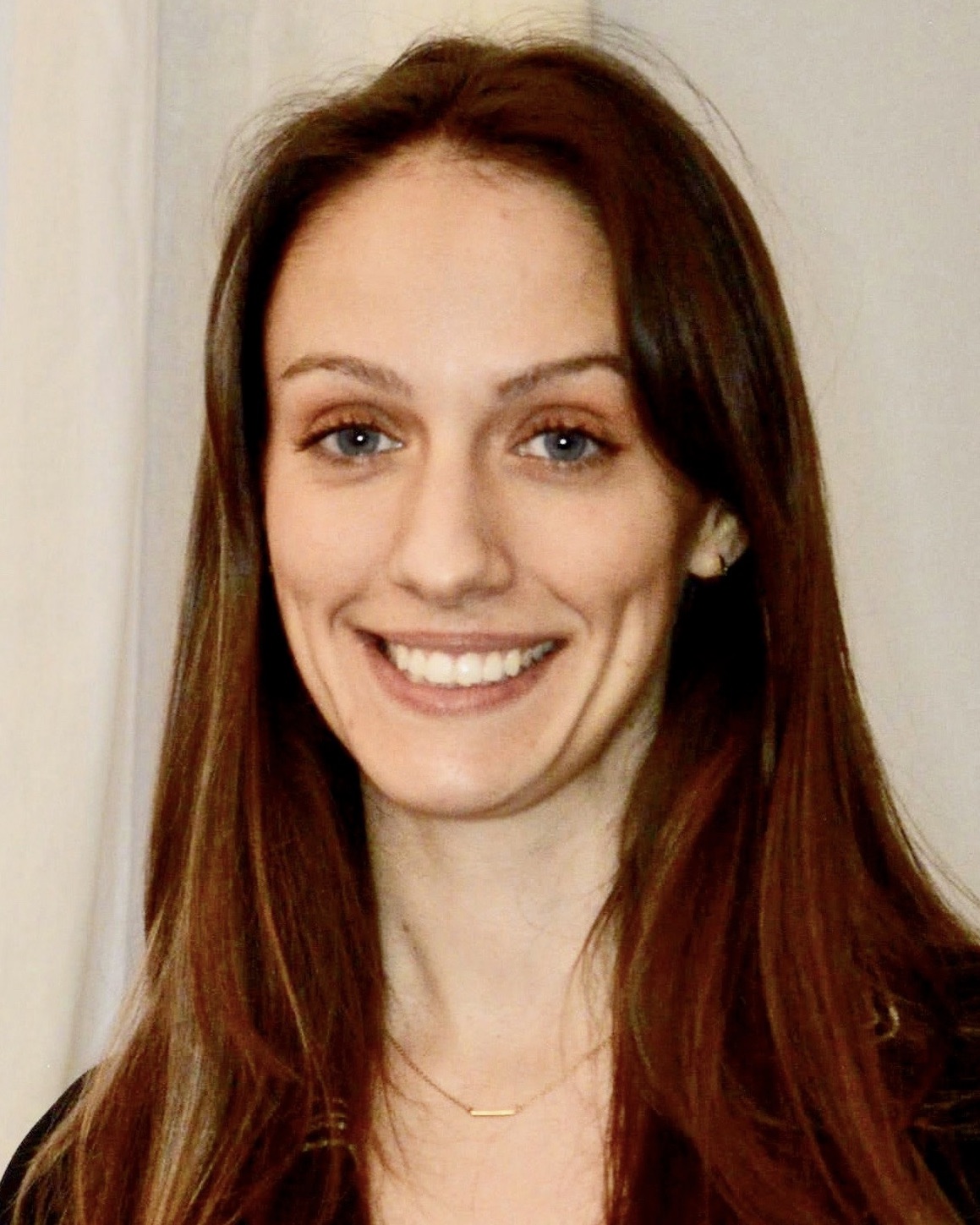2023 SAEMF/RAMS Medical Student Research Grant - $2,500
"Optimizing the EM Clerkship through Trauma-Informed Medical Education"
The clinical learning environment represents a workplace replete with uncertainty, complexity, and trauma — trauma to both patients and clinicians. Therefore, prior to immersion into highly-stressful, and highly-traumatic clinical workplaces, such as the emergency department (ED), educators should intentionally develop curricula that equips students with the skills and mechanisms to cope with critical incidents. This study seeks to identify what trauma-informed elements must be incorporated or strengthened in the EM clerkship to adequately prepare trainees for learning in the ED workplace.
Recipient
-

Giselle Appel, BA
Thomas Jefferson University
"Optimizing the EM Clerkship through Trauma-Informed Medical Education"
Giselle Appel is a medical student at Sidney Kimmel Medical College at Thomas Jefferson University in Philadelphia, Pennsylvania. Prior to medical school, she conducted research at the intersection of emergency medicine and psychiatry. Her current research focuses on utilizing psychodynamic theory to inform better care that patients receive in both acute and inpatient hospital settings, as well as for the physicians who treat them.
Giselle has received prior research awards and funding from the National Institute on Drug Abuse, DAAD (Deutscher Akademischer Austausch Dienst, or German Academic Exchange Service) Study and Internship Program (SIP) via Columbia University, Infectious Disease Society of America, Clinical and Translational Science Center at Weill Cornell Medical College, and the Foundation for Opioid Response Efforts.
Upon entering medical school, she continued her work in medical education initiatives, while still maintaining close association with her interests in psychotherapeutic models of care and object relations theory. Giselle believes in the power of the therapeutic alliance and holding environment — consisting of empathy, patience, and active listening —- to best guide patients toward an understanding of their symptoms, medical care, and healing.
